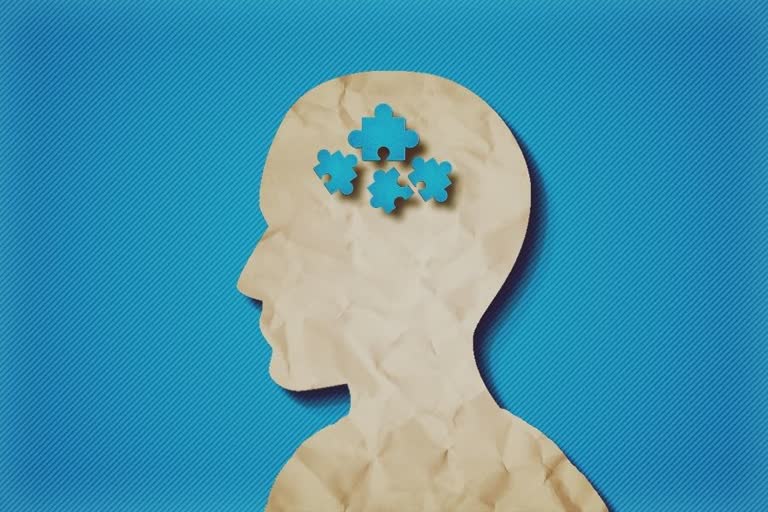The findings of a research on how heart attach impacts the brain were presented at the American College of Cardiology's 71st Annual Scientific Session. They suggest that increased attention to monitoring cognitive functioning after a heart attack is needed, researchers said. "We found a very high prevalence of previously undiagnosed cognitive impairment among patients hospitalized due to myocardial infarction," said Dominika Kasprzak, MD, a cardiologist at J. Strus Hospital in Poznan, Poland, and the study's lead author. "This impairment can be both temporary and permanent, and some patients develop impairment after a delay of several months."
The study assessed the mental functioning of 220 patients hospitalized for a heart attack in Poznan, Poland. Patients underwent two cognitive assessments a few days after their heart attack, and then, repeated the tests six months later. The two tests were the Mini-Mental State Examination and the Clock Drawing Test, which assess a person's thinking, memory and ability to perform basic tasks and are commonly used to identify signs of dementia. The tests overall showed roughly 50 percent of patients had normal cognitive functioning at both time points, while the other half had some cognitive impairment. About 35-40 percent of patients showed cognitive impairment in the first days after their heart attack, while 27-33 percent showed impairment six months later. Of the patients who had some cognitive impairment shortly after their heart attack, the impairment was temporary in about half of the cases and permanent for the other half. About 1 in 9 patients had normal cognitive functioning shortly after their heart attack but showed cognitive decline six months later.
Cognitive deficits can impact a person's quality of life and make it more challenging to keep up with treatments and lifestyle changes intended to help prevent a second heart attack. As such, Kasprzak said it is important for cardiologists to be alert for signs of mental decline. "Cognitive deficits, such as memory loss or not being able to recognize a loved one, can be even more important for our patients than their cardiovascular disease," Kasprzak said. "We need to monitor our patients regularly to detect changes in their functioning, not only in the heart but also in the brain."
